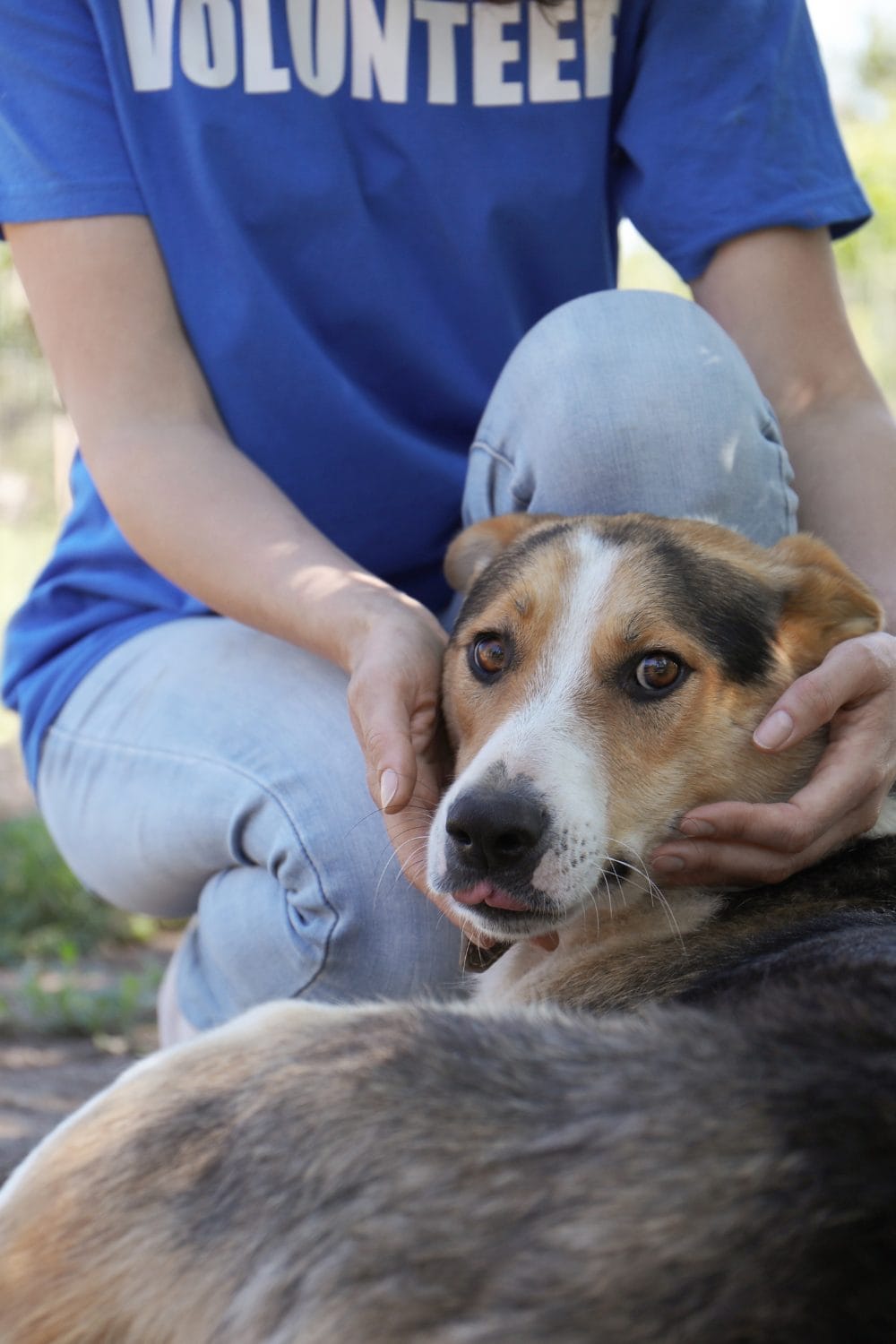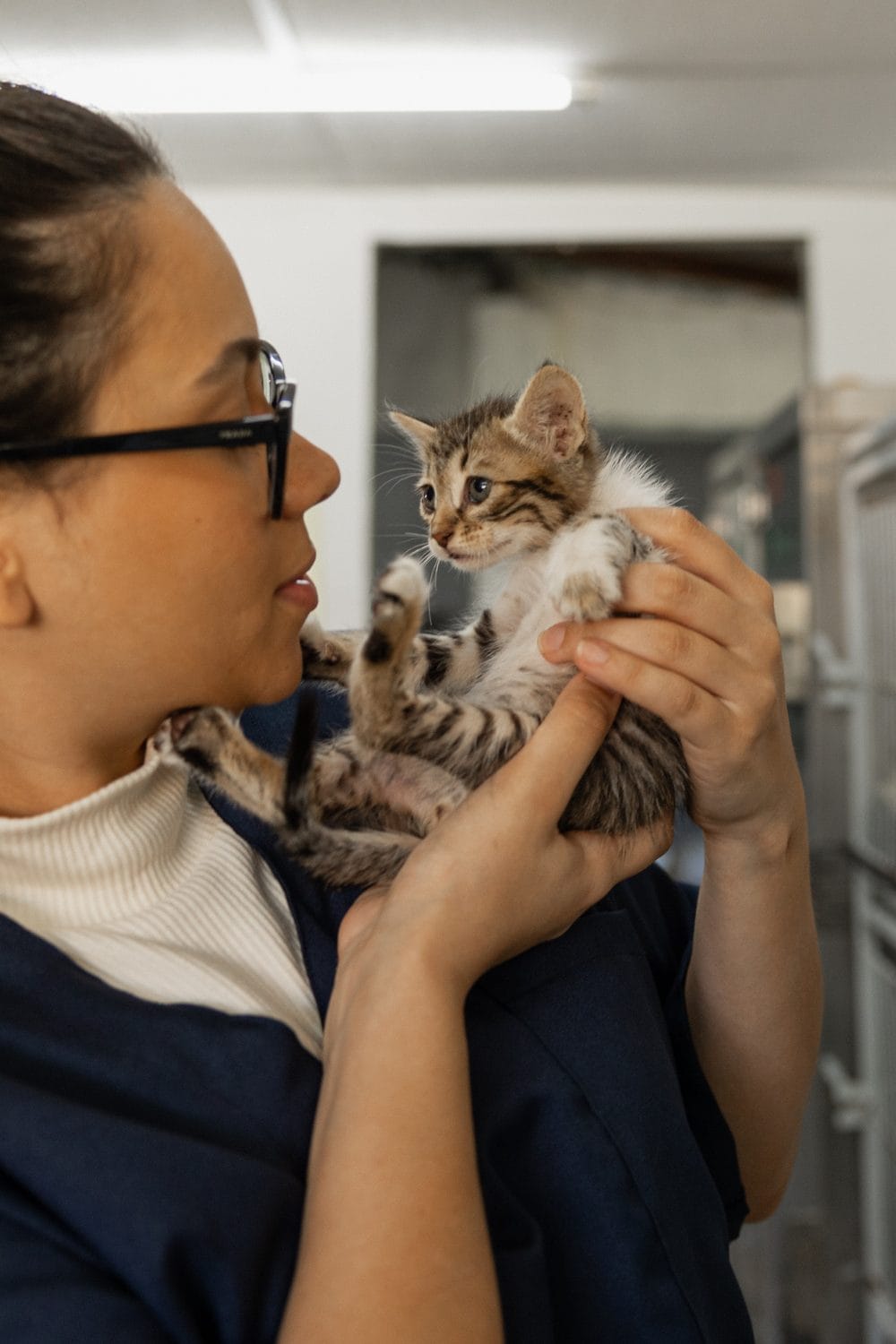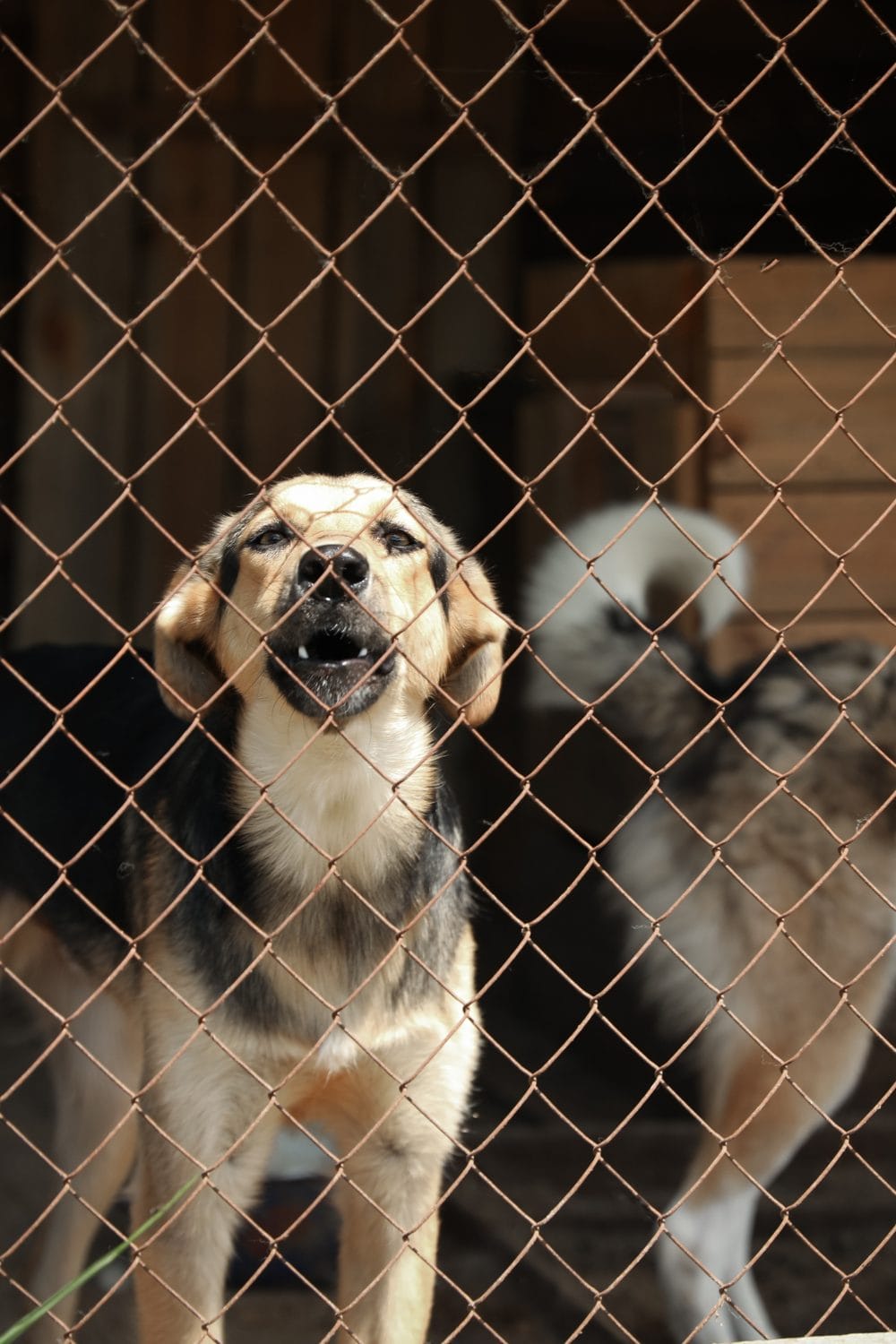
Animal Welfare Week is a special time dedicated to raising awareness about the well-being of animals and promoting humane treatment.
This week prompts reflection on animal welfare, urging individuals, communities, and organizations to advocate for animal rights.
Focusing on adoption, rescue, care, and protective legislation, it aims to raise awareness about treating all living beings with kindness.
Learn more about the history, significance, facts, and celebration of This Week to promote harmonious coexistence between animals and humans.
History of Animal Welfare Week
The Week has its roots in various animal rights movements that have emerged over the decades.
The animal welfare movement gained significant traction in the 19th century, with the establishment of organizations such as the Royal Society for the Prevention of Cruelty to Animals (RSPCA) in the United Kingdom in 1824.
This organization was one of the first to advocate for the humane treatment of animals and set a precedent for future animal welfare initiatives worldwide.
In the United States, the American Society for the Prevention of Cruelty to Animals (ASPCA) was founded in 1866.
The efforts of these organizations, along with countless volunteers and activists, helped shape public perception about the treatment of animals.
In the latter part of the 20th century, increased awareness regarding animal rights led to the establishment of various welfare weeks and observances dedicated to promoting animal well-being.
In 2003, World Animal Day was initiated on October 4th, aligning with this week and aiming to raise global awareness of animal rights.
This day focuses on educating people about the need for animal protection and fostering a sense of responsibility towards all living beings.
Significance

The week serves multiple important purposes:
Raising Awareness
It draws attention to the ongoing issues of animal cruelty, abandonment, and neglect, encouraging discussions and actions to combat these problems.
Promoting Adoption
The week emphasizes the importance of adopting pets from shelters and rescues instead of buying them from breeders or pet stores, which often contribute to overpopulation and euthanasia of homeless animals.
Educating the Public
Through various events, campaigns, and outreach programs, this week mainly aims to educate the public on proper animal care, the importance of spaying and neutering pets, and understanding the needs of different species.
Advocating for Legislation
It encourages individuals to advocate for stronger animal protection laws and regulations, pushing for legislation that protects animals from abuse, exploitation, and neglect.
Fostering Community Involvement
The Week fosters a sense of community by encouraging individuals and organizations to come together for the common cause of animal welfare, whether through volunteering, fundraising, or participating in local events.
Facts About Animal Welfare Week
Global Participation
The day is celebrated globally, with various countries organizing events and activities to promote animal rights and welfare.
Adoption Drives
Many animal shelters and rescue organizations hold special adoption drives during this week, offering reduced fees and incentives to encourage adoptions.
Educational Workshops
Numerous workshops and seminars are organized to educate the public on various aspects of animal care, responsible pet ownership, and the importance of animal welfare.
Social Media Campaigns
Organizations often launch social media campaigns using hashtags related to this event to spread awareness and encourage online engagement.
Community Events
Local communities organize events such as pet fairs, fundraisers, and volunteer opportunities to engage people and promote animal welfare initiatives.

How to Celebrate?
There are numerous ways individuals and communities can celebrate this Week, including:
Adopt a Pet
If you’re considering adding a furry friend to your family, consider adopting from a local shelter or rescue organization during this week.
Volunteer
Offer your time to local animal shelters, rescue groups, or animal organizations.
Volunteer opportunities may include walking dogs, cleaning kennels, or helping with fundraising events.
Educate Others
Share information about animal welfare with friends and family.
Host an educational workshop or discussion at your local community center, school, or online.
Support Local Organizations
Donate to or fundraise for local animal shelters, rescue groups, or animal advocacy organizations.
Every little bit helps in providing care and support to animals in need.
Participate in Events
Attend local events, such as adoption drives, fundraising walks, or pet fairs.
Engage with your community and learn more about animal welfare initiatives in your area.
Spread Awareness on Social Media
Use your social media platforms to promote Animal Welfare Week.
Share stories, facts, and photos of adoptable animals, and encourage your followers to take action.
Advocate for Change
Reach out to your local representatives and advocate for stronger animal laws.
Write letters, sign petitions, or participate in campaigns that push for meaningful change.
Create an Awareness Campaign
Consider starting your own awareness campaign in your community.
This could be a simple flyer distribution, a neighbourhood pet safety workshop, or organizing a fundraising event.

Points to Remember
Compassion is Key
Always approach animal welfare with compassion and understanding. Recognizing the needs of animals and advocating for their rights is essential.
Stay Informed
Keep yourself updated on local animal welfare laws and issues. Knowledge empowers you to take effective action.
Be a Role Model
Encourage others to adopt humane practices and demonstrate responsible pet ownership. Your actions can inspire those around you.
Involve Children
Educate children about animal welfare from a young age. Teaching empathy and respect for animals can create a generation of compassionate individuals.
Support Ethical Practices
Always promote ethical practices in pet ownership, breeding, and animal treatment. Support businesses and organizations that prioritize animal welfare.
Conclusion
The Week is more than just a celebration; it is a call to action for individuals, communities, and organizations to unite in the pursuit of a more compassionate world for animals.
By raising awareness, promoting education, and advocating for change, we can create a future where all living beings are treated with respect and dignity.
As we celebrate this important week, let us remember that every small effort counts.
Whether it’s adopting a pet, volunteering at a shelter, or simply spreading the word about animal welfare, each action can make a significant difference in the lives of animals in need.

FAQs
The week is celebrated in the first week of October, coinciding with World Animal Day on October 4th.
You can participate by adopting a pet, volunteering at local shelters, attending educational events, spreading awareness on social media, or donating to animal welfare organizations.
Animal welfare is essential because it promotes the humane treatment of animals, reduces suffering, and ensures that all living beings are respected and cared for.
Yes, various organizations, such as the ASPCA, RSPCA, and local animal shelters, organize events and campaigns during the week to promote animal rights and welfare.
Common welfare issues include cruelty and abuse, neglect, overpopulation, improper care, and exploitation in industries such as entertainment and research.
- Dogs Pooping Blood: A 2026 Guide for Concerned Pet Parents - February 23, 2026
- How to Celebrate a Dog’s First Birthday on a Budget: 2026 Guide - February 18, 2026
- Best Shampoo for Sensitive Skin Dog Grooming: 2026 Guide - February 12, 2026


GIPHY App Key not set. Please check settings